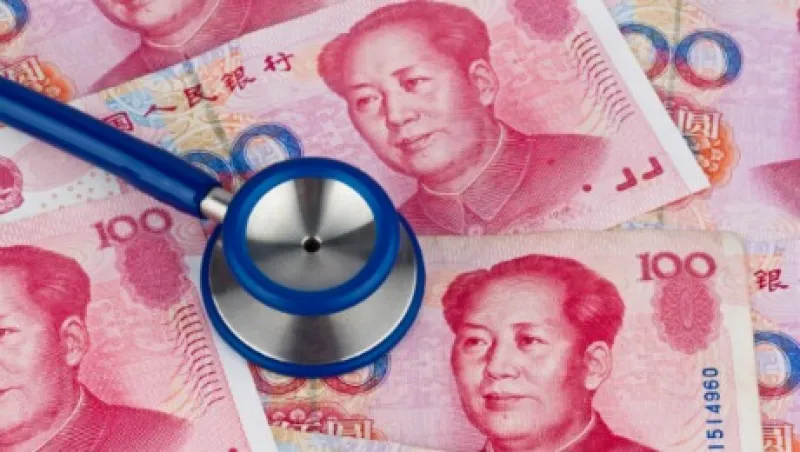
Daily Agenda: China Bulls Bet on PBOC to Take Action
Protestors in Brazil call for Rousseff step down; Puerto Rico negotiates with creditors before deadline; AIIB says ‘no’ to Taiwan.
Andrew Barber
April 13, 2015


